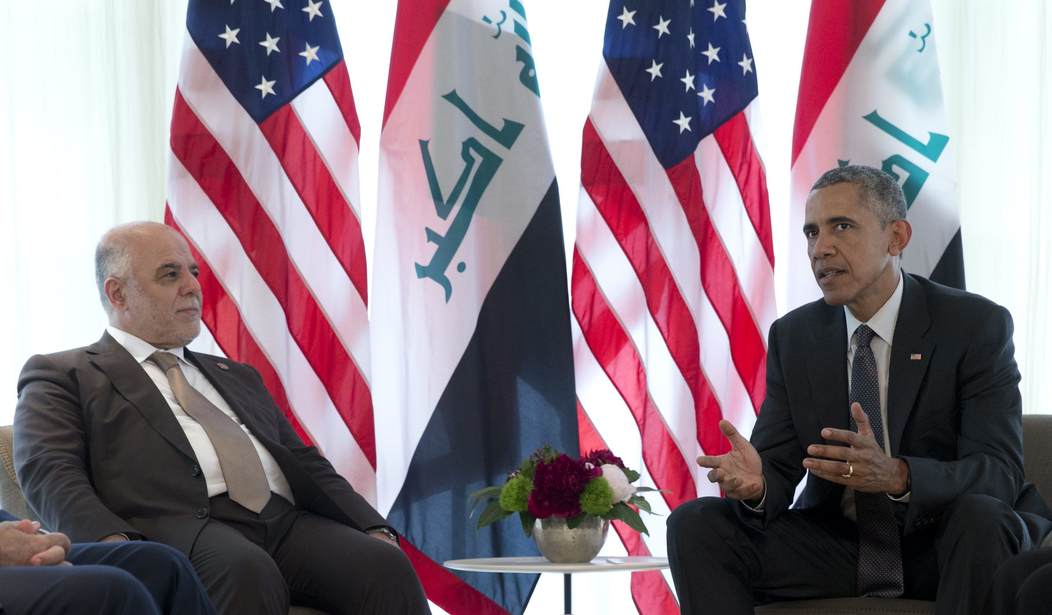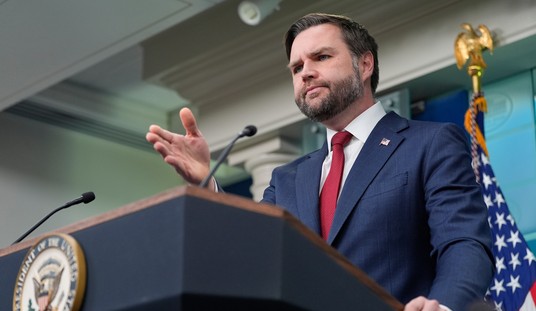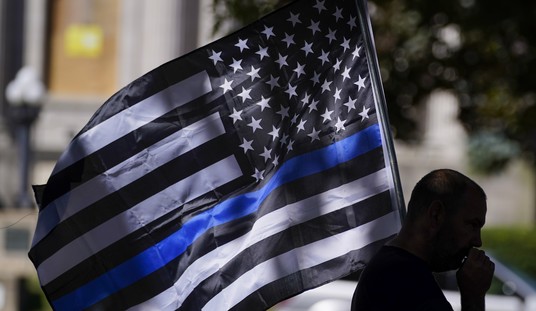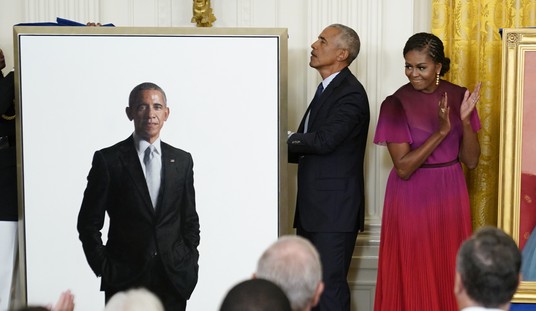WASHINGTON – Iraqi Ambassador to the U.S. Lukman Faily called for the Iraqi government to do some “soul searching” to decide what it wants from the U.S. going forward, adding that Iraq needs the “courage” to get out of its “victimization mindset.”
“I don’t think it is beneficial for the U.S. to say ‘we should never be engaging with another country.’ It is not beneficial or feasible. On the other hand, it is also useful to be able to have a full understanding of what it takes to engage with other countries, let alone a complicated country such as Iraq. From 2008 onward I think there was an understanding – I think it’s wrong – that the region should manage itself, that Iraq is a burden or a fatigue,” Faily said during his last public appearance as ambassador in Washington during a World Affairs Council discussion.
“Yes, but on the other hand, I have been here for three years and I have talked to a lot of people in the military and none of those who worked in Iraq were fatigued. They understand the victimization of our society. We now need to have the courage to get out of this victimization mindset and that requires a lot of courage and we are discovering that with the fight against ISIS,” he added.
Faily, who started as ambassador in 2013, continued, “We in Iraq have to do a lot of soul-searching about what do we require from the U.S. and what do we require from our neighbors. What are we willing to give up for the sake of what we gain?”
From 2011 to 2014, prior to the invasion of ISIS, Faily said U.S.-Iraq relations went through “a lull” and became “a quiet relationship.”
“It wasn’t clear what are the drivers for that relationship. Iraqis were not heavily required in U.S. engagement,” he said.
However, Faily described the current relationship between the two countries as “significant” with regards to both politics and security.
“Why? Because the challenge of ISIS is not domestic to Iraq. It’s a regional challenge,” he said.
Faily was asked if Iraq would have been better off if the U.S. never had invaded in 2003 and if Iraq would be in better shape if the Obama administration was more helpful.
With a smile, Faily said he preferred answering the first part of the question only.
“Iraqis now have the will to think. How long will it take for the country to stabilize and to prosper? That is in our hands, to a certain extent. There is certain damage, but it is in our hands, how much we want to promote social harmony? I think now Iraqis realize that whatever support we received from the United States before, let’s call it unconditional support. Now, it is conditional,” he said.
“We have learned the harsh way that we need to be a better judge of character in one way and to understand what it takes to stabilize, which is in our hands, and at the same time, the burden and the legacy of Saddam Hussein should never be underestimated. From around 1975 onward, Saddam took us through wars, which meant we had a whole generation brought up in a culture of violence,” he added.
In Faily’s view, Iraqis now have an opportunity that they “never had before 2003” when the Iraq War began.
“We certainly questioned the U.S.’s homework in 2003. I don’t think anybody can say confidently that they did all they could and they did their homework, but that is an issue for us to work with each other — that is an opportunity for us to utilize whatever we have done together, the blood, the sweat, the resources, the legacy, and so on,” he said.
Looking at the expansion of ISIS in Iraq, Faily said the U.S. government has to decide what role it wants in fighting the terrorist group.
“The U.S. position itself, as to whether it wants to be a global power, is in question here. Does it want to have that role with the cost and benefits associated with it or does it think it can contain it to a certain extent?” he said. “I can assure you with my humble experience it cannot be contained. Why? Because they are deep. They have been there.”









Join the conversation as a VIP Member